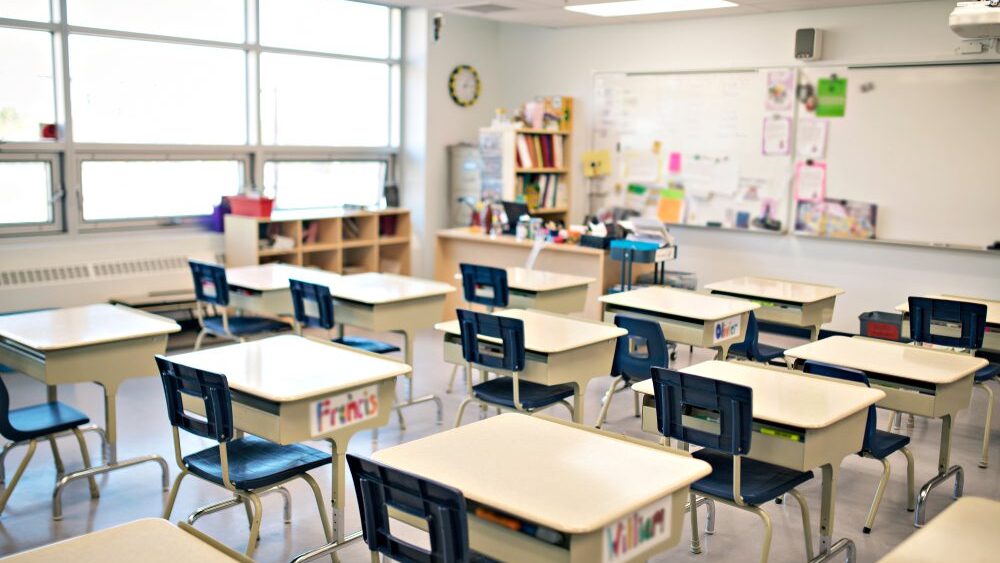Even when British schools aren’t at risk of collapsing, children are less and less likely to attend them. In the face of worrying figures, the government is establishing new ‘attendance hubs,’ but questions over their efficiency have yet to be answered.
Almost a quarter of pupils in England were listed as “persistent absentees” during the autumn term of 2022-23, meaning they missed 10% or more of their school time. The issue was lying under the surface for some time but has risen to prominence following the Tory government-imposed lockdowns, after which many children simply failed to return to school.
Putting the significant educational ramifications to one side, officials are concerned that increased absences now could lead to a spike in crime in the near future.
Despite constant warnings of the impact of the #lockdown on children, the government is said to be only just “beginning an attendance drive over the summer.”https://t.co/5Vwx78D10U
— The European Conservative (@EuroConOfficial) July 28, 2023
Ministers hope that four new attendance hubs will help to resolve this sorry situation. These, the government says, will see schools with good attendance ratings “shar[ing] practical ideas with other primary, secondary, alternative provision, and special schools in England who need support to boost their attendance.” The 14 total hubs are designed to support 800 schools across the country with an attendance (or otherwise) of 400,000 children.
It is telling that even the first hub was established after the lockdown. A number of reports have also suggested the cost-of-living crisis is fueling increased school absences. Indeed, Julie McCulloch, director of policy at the Association of School and College Leaders, said attendance hubs “barely [scratch] the surface of this problem” because they fail to address the “root” of the problem: “a rising tide of mental health problems, such as depression and anxiety, which are exacerbated by the cost-of-living crisis.”
Other suggested measures could be criticised along the same lines, particularly proposed fines for the parents of absent children. Clearly, as the situation worsens, the response becomes more extreme. A report this week told the story of one school at which “family liaison workers” take responsibility for the basic task of collecting children at the start of the day and dropping them off at the end.
Very serious questions ought to be asked about how we got to this place and how we leave it behind.





